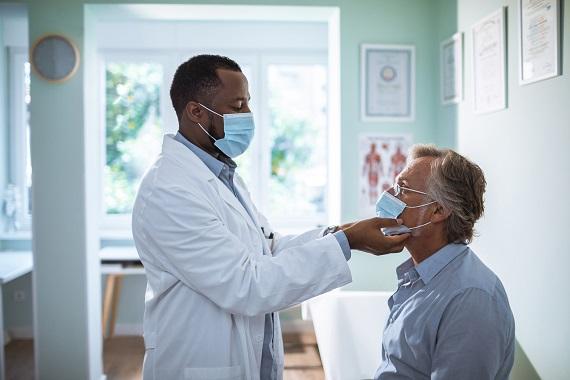Introduction
When it comes to maintaining your overall health and wellness, Primary Care Physicians (PCPs) play a critical role. These medical professionals serve as the foundation of the healthcare system, providing comprehensive and continuous care for individuals and families across all ages, backgrounds, and health conditions.
What Is a Primary Care Physician?
A Primary Care Physician is a medical doctor who provides general health care services, focusing on preventive care, diagnosis, and treatment of common medical conditions. They are often the first point of contact in the healthcare system and are trained to treat a wide range of physical, emotional, and mental health issues.
Primary care physicians include:
- Family Medicine Doctors – Treat patients of all ages.
- Internal Medicine Physicians – Specialize in adult medicine.
- Pediatricians – Focus on children’s health.
- Geriatricians – Specialize in elderly care.
Key Roles of a Primary Care Physician
1. Preventive Care
Prevention is better than a cure. PCPs provide:
- Routine physical exams
- Vaccinations and immunizations
- Cancer screenings (e.g., mammograms, colonoscopies)
- Blood pressure, cholesterol, and diabetes checks
These regular visits help catch potential health issues early, when they are most treatable.
2. Chronic Disease Management
If you’re living with long-term conditions such as diabetes, hypertension, asthma, or arthritis, your primary care doctor helps manage these illnesses through:
- Medication adjustments
- Regular check-ups
- Coordinating specialist care
- Lifestyle and dietary guidance
This ongoing relationship ensures better disease control and fewer hospital visits.
3. Diagnosis and Treatment of Acute Conditions
Primary care physicians are trained to treat everyday health problems such as:
- Cold and flu
- Infections
- Allergies
- Minor injuries
When something more serious arises, your PCP can quickly refer you to the right specialist.
4. Care Coordination
One of the most valuable aspects of having a primary care physician is coordinated care. They act as the central hub for your health needs by:
- Referring you to the right specialists
- Following up on lab or test results
- Keeping track of your full medical history
- Ensuring all parts of your treatment plan are aligned
This holistic oversight improves patient outcomes and reduces errors or redundancies in treatment.
Why You Need a Primary Care Physician
1. Continuity of Care
Having a dedicated PCP means you’ll work with someone who knows your medical history, understands your health goals, and can make informed decisions based on your past care.
2. Better Health Outcomes
Studies show that people who have a regular primary care provider:
- Receive more preventive services
- They are hospitalized less frequently
- Manage chronic illnesses more effectively
- Live longer and healthier lives
3. Cost Savings
Preventive care and early treatment are far less expensive than emergency care or advanced disease treatment. Having a PCP can help you avoid costly hospital visits and unnecessary procedures.
4. Trusted Relationship
A strong patient-doctor relationship builds trust and comfort, making it easier to discuss sensitive issues and follow medical advice. Your PCP becomes your health advocate over time.
How to Choose the Right Primary Care Physician
Finding a PCP who fits your needs is essential. Here’s what to consider:
- Credentials and experience
Ensure the physician is board-certified and has experience treating patients like you (e.g., children, seniors, chronic conditions). - Location and accessibility
Choose a provider near your home or work to make appointments easier to keep. - Communication style
Your PCP should listen well, explain things clearly, and involve you in decisions. - Accepted insurance
Check if the provider is in your health plan’s network to avoid unexpected costs.
When Should You See a Primary Care Physician?
You should see your PCP:
- Annually for a wellness check-up
- Whenever you feel unwell or have concerning symptoms
- To manage chronic conditions like diabetes, high blood pressure, or asthma
- Before starting a new medication or treatment
- For referrals to specialists
Having consistent contact with your PCP helps detect issues early and creates a strong base for long-term health.
The Future of Primary Care: Telemedicine and Digital Health
In recent years, telehealth has become a valuable tool in primary care. Many PCPs now offer virtual consultations, prescription refills, and remote monitoring for chronic conditions. These services:
- Save time and travel
- Improve accessibility
- Allow you to receive care even from home
Digital tools, like patient portals and mobile health apps, also allow patients to track progress, access records, and communicate with providers seamlessly.
Final Thoughts
Primary care physicians are more than just the doctors you see when you’re sick—they are partners in your lifelong health journey. By focusing on prevention, managing chronic illness, and coordinating your care, PCPs offer invaluable support that improves both your quality of life and longevity.



